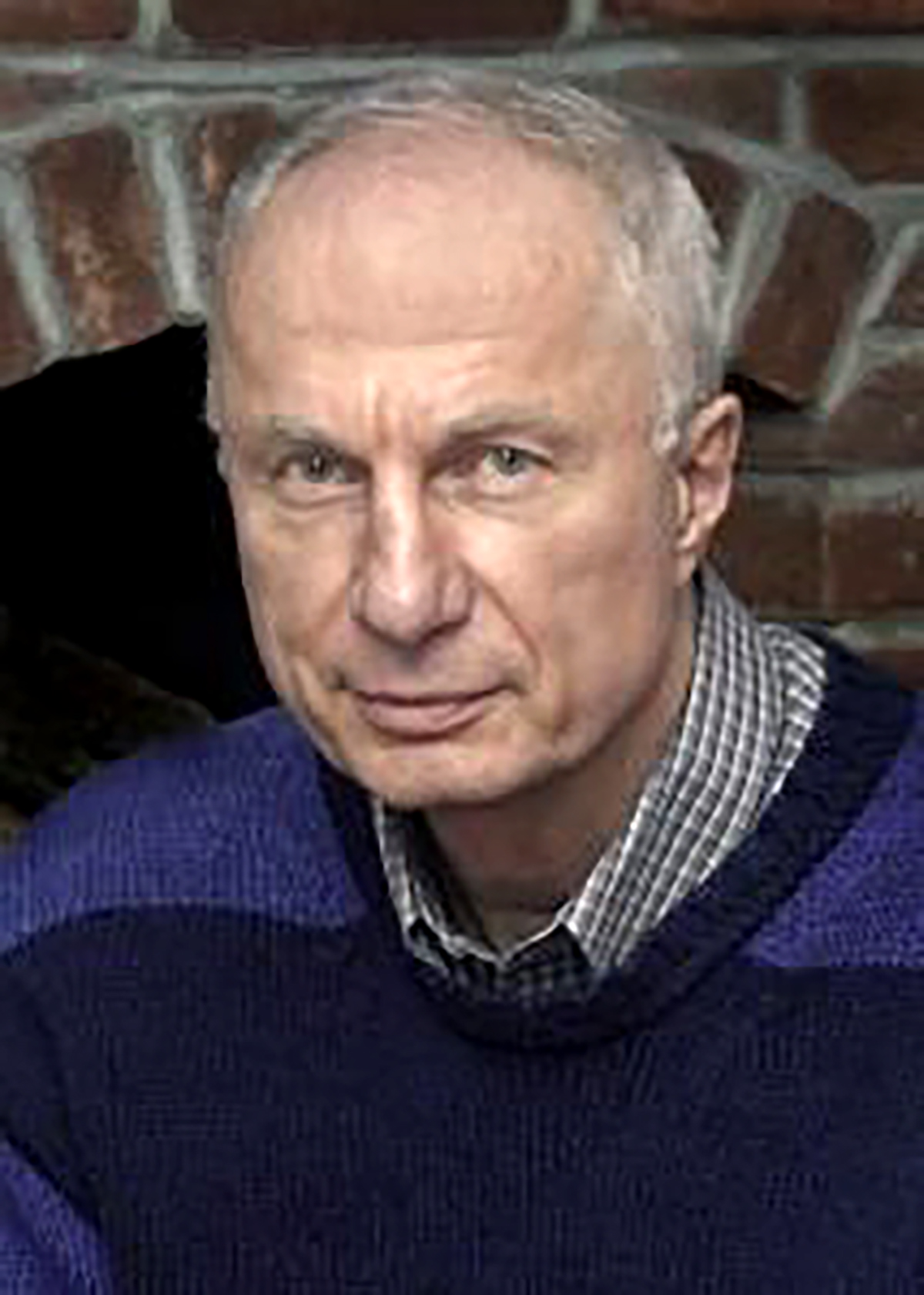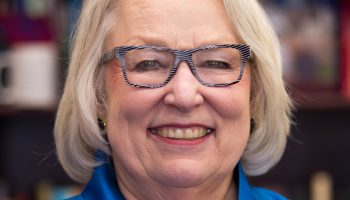When a longtime poet looks back on their work, they might feel a sense of satisfaction.
William Heyen experienced a different feeling entirely, something he said his readers might experience, too: difficulty.
“I believe that any reader of The Candle will have to take it slow,” Heyen said. “I can only read five or 10 pages at a time myself, ingest them.”
Heyen is one of Week Seven’s Chautauqua Literary and Scientific Circle authors, and he’ll present his collection The Candle: Poems of Our 20th Century Holocausts at 12:15 p.m. Thursday in the Hall of Philosophy for the first of the CLSC Roundtables.

Heyen’s presentation will start at an earlier time to accommodate the expanded CLSC programming for the week.
The Candle features both new and selected work from Heyen, who has published dozens of poetry collections over the course of his career. It includes poems from his previous work, such as A Poetics of Hiroshima, which Heyen presented with the CLSC in 2010. Heyen was also a National Book Award for Poetry finalist in 2004 for his collection Shoah Train.
While The Candle collects and celebrates decades of poems by Heyen, he said he doesn’t see it as the end of his poetic career.
It’s something Heyen realized when revisiting his older work, he said.
“Writing poetry is an always-new experience for me, as story and sound and image fuse toward — hopefully — some kind of revelation,” Heyen said. “The Candle, almost 50 years of selected poems from my many books, is not any kind of empirical closure for me, but an involvement with profound mysteries. When I read, now, even very old poems of mine, I’m glad when they continue to give of themselves in ways I was not consciously aware of.”
Reporter’s Notebook
The Chautauqua Literary and Scientific Circle Historic Book List features hundreds of selections, some of which present themes similar to 2017 CLSC selections.
If you liked The Candle, you might also like…
• Why Nations Go to War by John G. Stoessinger (1974-1975)
• A Sentimental Education by Joyce Carol Oates (1983-1984)
• Guilt is the Teacher, Love is the Lesson by Joan Borysenko (1990-1991)
Finally, four extra recommendations from the reporter:
• Escape from Freedom by Erich Fromm
• On Tyranny: Twenty Lessons from the Twentieth Century by Timothy Snyder
• The Complete Maus by Art Spiegelman
Sherra Babcock, vice president and Emily and Richard Smucker Chair for Education, said she was drawn to Heyen’s work for Week Seven because it illuminates the week’s theme, “The Nature of Fear.”
She said The Candle grapples with the idea of “man’s inhumanity to man,” which has its origin in the work of another poet, Robert Burns. The phrase comes from his poem, “Man was Made to Mourn: A Dirge.”
“What is more fearful than the idea that people are going to kill each other based on no reason other than hatred?” Babcock said. “That, to me, is an ultimate fear.”
Heyen’s poems do draw heavily on his German heritage and on his reflections on the atrocities committed by Germans in World War II, but Babcock said his work reaches far beyond that. One only needs to look at The Candle’s subtitle, she said.
“Bill Heyen’s work is not just about Germany,” Babcock said. “This is a collection of his work in which he’s dealing with ‘holocausts’ as a plural word. He’s looking at more recent wars, recent genocides, and even genocide of the spirit.”
When it comes to thinking about the “terrors and atrocities” of the past, Heyen said he isn’t sure what people can or should learn.
But poetry may help.
“Maybe one of the things that poetry can do is to discover what is within us, within many of us, that twists mankind toward commission of great sins,” Heyen said. “Poems, as Archibald MacLeish said, are wiser than we are and will go on learning things about themselves, thinking about themselves and what they know.”
Poems also allow people to “tune in,” Heyen said.
“We hear someone speaking, a human voice,” Heyen said. “Every poem of mine in The Candle, it may be, writes from fearful context, intensifies, comes to find a way to stop talking, for now, about the unspeakable. As readers, we witness the struggle, and maybe in a communal way help the poem, too, assuage its own starkness. But I’m a babe in the woods here. The interactions between poem and reader are myriad, and sometimes consoling because the poem understands what frightens us.”
Heyen said he looks forward to returning to Chautauqua, and he hopes that readers of The Candle will find that a few of the poems will “lodge themselves, as Robert Frost said, where they are hard to get rid of.”
He also hopes his readers will see a poet doing his best to make sense of the past and honor those who were lost, he said.
“A professor of mine, Hollis Summers, once held up his new book of selected poems at a reading and said that all he could say was that he meant well,” Heyen said. “I’d like a reader of The Candle to feel that the author meant well, that he honored the innocent dead, that he knew it imperative to remember — even as the poet believed in Emerson’s necessary wildness — and took chances.”




